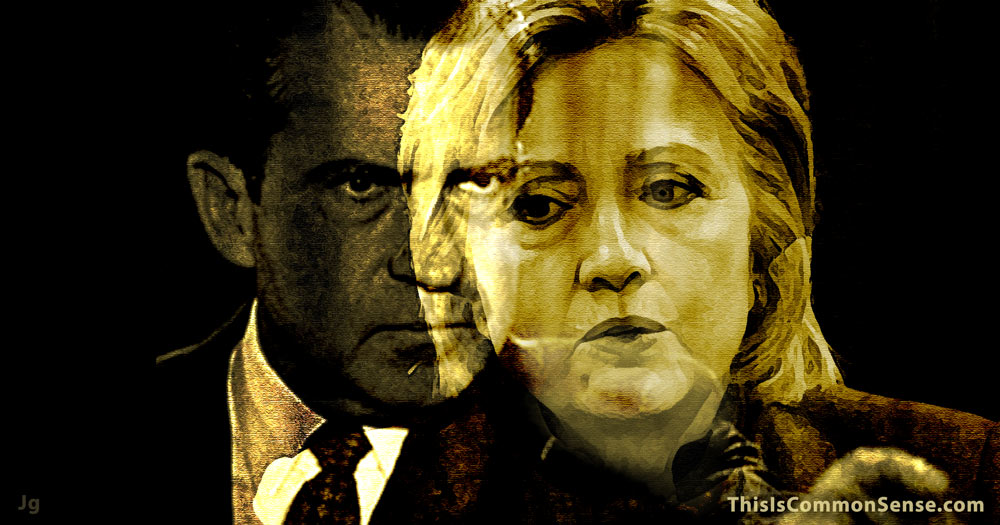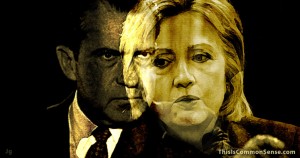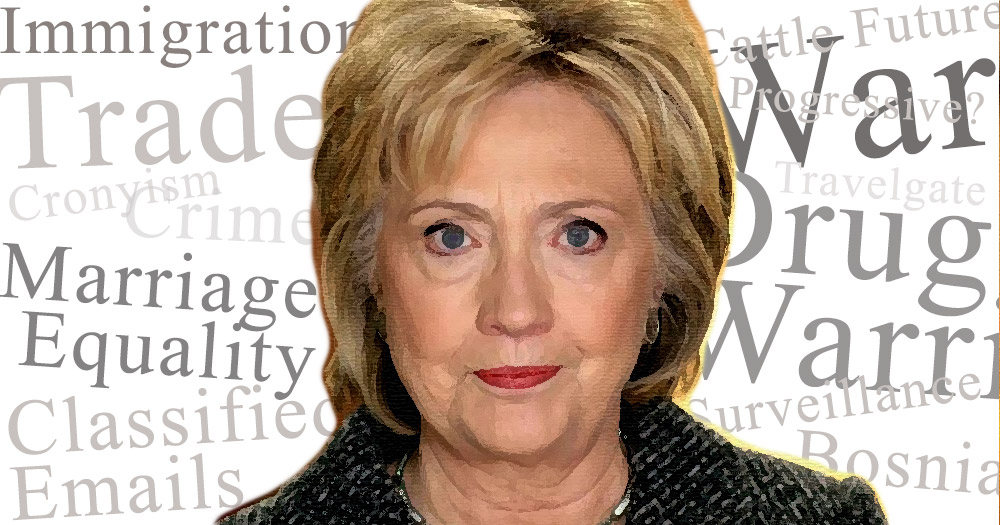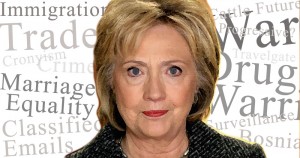Sure, democracy is a messy affair. But it does require several fine balances. One of them is that elections must be trustworthy: neither rigged nor gamed.
In recent years, many elections have been charged to be somehow “stolen.” Hillary Clinton accused Donald Trump of “stealing” the 2016 presidential election; Donald Trump, in turn, accused the Democrats of stealing the 2020 election, in which he was given his walking papers.
Now reports by Roman Balmakov, at Epoch TV, show that election irregularities at the local level can not only be contested, but elections overturned.
Sans “insurrection.”
“In a shocking turn of events,” explains Balmakov, “a judge in Connecticut overturned a primary election because the evidence of fraud was just so overwhelming.” Video captured late-night ballot box stuffing, with identifiable government-employee perps. The judge overturned Bridgeport’s Democratic primary race for mayor.
In a sheriff’s race in a Louisiana parish an even more extraordinary set of events occurred. An election wherein a candidate lost by one vote was challenged; a recount adjusted the figures but the single-vote spread remained. Another challenge led the state Supreme Court to appoint a judge to look into the mess, and he found one: clear evidence of massive voting irregularities. He demanded a new election.
But Roman Balmakov’s report from yesterday may spark wider interest. It was about a thorough Rasmussen poll of 2020 voters: “1-in-5 people who voted by mail committed some type of voter fraud.” You might say they confessed as much in how they answered the poll.
All three stories cast a dark light on the state of American democracy. But the poll may be the most troubling.
If not how little interest the Rasmussen survey has garnered from major media.
This is Common Sense. I’m Paul Jacob.
Illustration created with PicFinder and Firefly
—
See all recent commentary
(simplified and organized)








